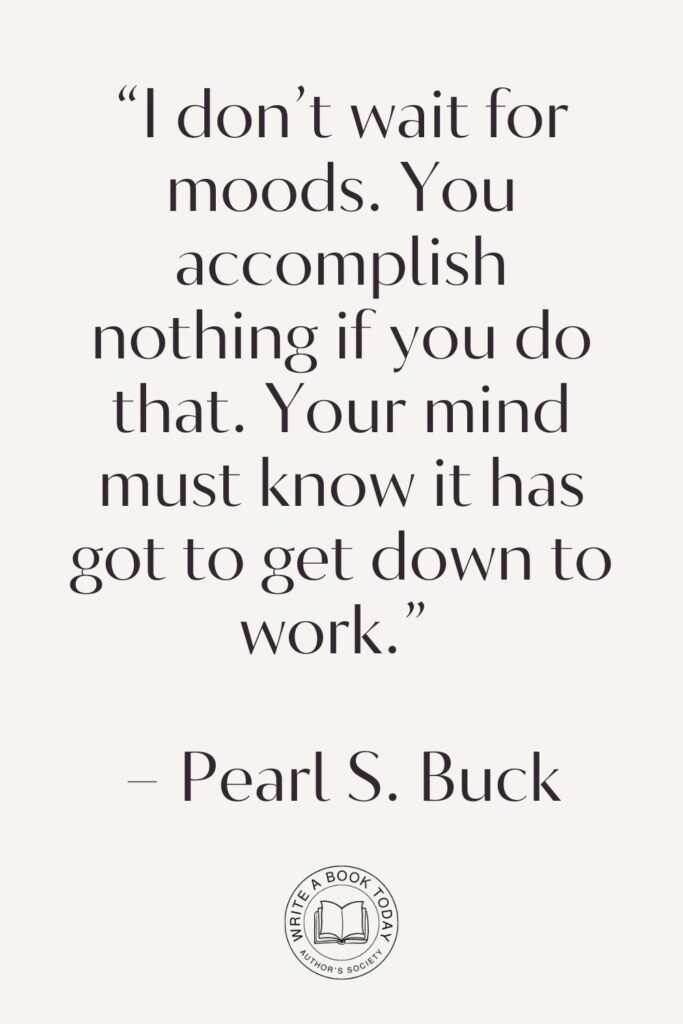Heartbreak is an emotional storm that sweeps through your life, leaving behind traces of longing, sadness, and confusion. It can feel like a dark cloud hanging over you, casting shadows on every joyful moment.
But what if the path to healing was paved with understanding, compassion, and actionable steps? What if you could emerge from this storm not only intact but stronger and more resilient than ever?
These heartbreak tips are here to guide you through the tumultuous journey of emotional healing, helping you to cope with heartbreak and embrace the possibility of moving on after a breakup.
Understanding Heartbreak
Before diving into the tips, it’s crucial to understand the nature of heartbreak itself. It’s not just a fleeting sadness; it’s a profound emotional upheaval that can impact every facet of your life.
Knowing what you’re dealing with can help you navigate your way through it more effectively.
Feeling lost with your debut novel?
Fiverr Pro connects you with expert editors, designers, and marketers – everything you need to get your book ready for success!

The Emotional Impact of Heartbreak
Heartbreak often feels like a physical ache in your chest, a sensation that something has been ripped away from you. This emotional pain is a response to the loss of a significant relationship, and it’s important to acknowledge its intensity.
The stress hormones released during this time can lead to physical symptoms like fatigue, insomnia, or even changes in appetite. Understanding these responses can be a relief, reminding you that you are not alone in your experience.
According to experts, heartbreak is akin to grief, involving a mix of emotions such as denial, anger, bargaining, depression, and ultimately, acceptance.
Allow yourself to feel the full range of emotions without judgment. Embrace the sadness, anger, and confusion as natural parts of the healing process. This acceptance can be the first step towards emotional healing.
The Stages of Grief in Breakups
The stages of grief in breakups mirror those experienced in other forms of loss. Initially, you might find yourself in denial, unable to accept the reality of the breakup. This stage is often followed by anger, where you might blame yourself or your ex-partner for the situation.
Bargaining may creep in, with thoughts of “what if” scenarios playing on repeat in your mind. Depression can follow, bringing with it a sense of hopelessness and despair. Finally, acceptance begins to take hold, allowing you to see the breakup as a part of life’s natural ebb and flow.
These stages aren’t linear, and you might find yourself moving back and forth between them. It’s crucial to give yourself permission to grieve and to recognize that healing is not a race.

Heartbreak Tips for Healing
Now that we’ve laid the groundwork for understanding heartbreak, let’s explore specific tips that can aid in your recovery and help you move forward with renewed strength.
Tip 1: Allow Yourself to Grieve
Grieving is a natural response to loss, and it’s essential to let yourself feel the pain rather than suppressing it. Cry if you need to, scream into a pillow, or write down your feelings in a journal. By acknowledging your grief, you open the door to healing.
Create a safe space where you can express your emotions freely. This might be a cozy corner in your home or a quiet spot in nature where you can reflect and release your feelings.
Tip 2: Lean on Your Support System
Your friends and family can be invaluable during this time. Don’t hesitate to reach out to those who care about you. Sharing your feelings with someone who understands can provide comfort and perspective.
Whether it’s a late-night phone call or a comforting hug, let your loved ones support you.
- Reach out to trusted friends who can offer a listening ear.
- Join a support group where you can connect with others who have experienced similar heartbreak.
- Consider seeking professional help if your emotions feel overwhelming.
Google Docs is for notes. Scrivener is for novels. Upgrade your writing game and try it for free today!

Tip 3: Prioritize Self-Care
Self-care is not just a buzzword; it’s a vital part of emotional healing. Engage in activities that nurture your body and soul.
Exercise, eat nourishing foods, and ensure you get enough rest. Remember, taking care of yourself is not selfish—it’s necessary.
| Self-Care Activities | Benefits |
|---|---|
| Exercise | Boosts mood and reduces stress |
| Healthy Eating | Supports physical and mental health |
| Sleep | Promotes recovery and resilience |
Tip 4: Engage in Positive Distractions
When your mind is overwhelmed with thoughts of the breakup, engaging in positive distractions can offer a much-needed respite.
Pick up a new hobby, immerse yourself in a good book, or explore creative outlets like painting or writing. These activities can redirect your focus and provide a sense of accomplishment.
Explore new interests or revisit old hobbies that you enjoyed before the relationship. This can help you reconnect with yourself and discover new passions.

Tip 5: Rediscover Your Identity
A breakup can leave you feeling lost, as if a part of your identity has been stripped away. Use this time to rediscover who you are outside of the relationship. Reflect on your values, strengths, and what truly makes you happy. Embrace this opportunity to grow and evolve.
Tip 6: Set Boundaries with Your Ex
Establishing boundaries with your ex-partner is crucial for your healing process.
Whether it means limiting contact or unfollowing them on social media, these boundaries can help prevent reopening emotional wounds. Focus on creating a space that allows you to heal without unnecessary reminders of the past.
Communicate your boundaries clearly and stick to them. This is a time for self-preservation and focusing on your own well-being.
Moving Forward After Heartbreak
As you begin to heal, the next step is moving forward and embracing the new chapter of your life. This phase is about transformation and growth, turning your pain into a catalyst for positive change.
Finding New Hobbies and Interests
Embracing new hobbies and interests can be an exciting part of moving on. Try activities that challenge you or bring you joy. Whether it’s learning a new language, taking a cooking class, or exploring outdoor adventures, these pursuits can reignite your passion for life.
Creating a New Routine
Establishing a new routine can provide structure and stability during a time of change. Set small, achievable goals for yourself each day, and celebrate your progress. A new routine can help you regain a sense of control and purpose.

Embracing Change and Growth
Change can be daunting, but it’s also an opportunity for growth. Embrace the unknown with an open heart and mind. Allow yourself to evolve and adapt, knowing that each step forward brings you closer to a brighter future.
Building a Better Future
As you continue on your journey, focus on building a future that reflects your dreams and aspirations. This is a time for self-discovery and empowerment, where you can learn from the past and create a life that aligns with your true self.
Learning from the Past
Reflect on the lessons learned from your past relationship. Consider what worked, what didn’t, and how you can apply these insights to future relationships. This self-awareness can guide you in making healthier choices and setting realistic expectations.
No marketing platform? No social following? No problem!
Publisher Rocket helps you market your debut novel like a pro.
It’s a gamechanger for debut authors – try it today!


The Importance of Self-Reflection
Self-reflection is a powerful tool for personal growth. Take time to evaluate your values, goals, and desires. This introspection can help you understand what you truly want in life and in relationships, paving the way for a fulfilling future.
Seeking Professional Help
If you find yourself struggling to cope, seeking professional help can be a valuable step. Therapists and counselors can provide guidance and support tailored to your needs. Remember, asking for help is a sign of strength, not weakness.
Your Journey to Healing and Hope
Heartbreak is a challenging journey, but it’s also an opportunity for transformation. By embracing these heartbreak tips and allowing yourself to heal, you can move forward with hope and resilience.
Remember, you are not alone on this path, and with time, patience, and self-compassion, you will emerge stronger and ready to embrace the possibilities that await.








